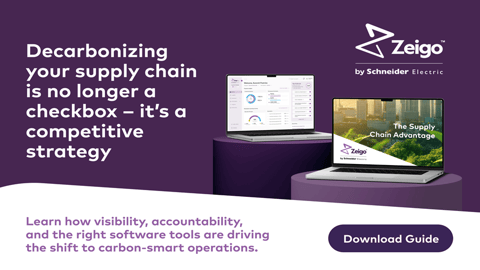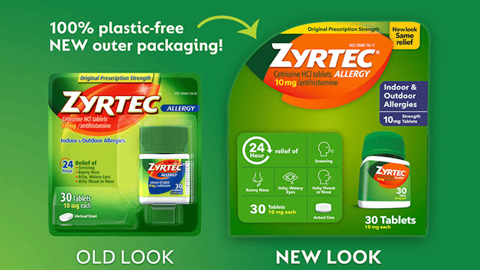Green Gold: AB InBev’s Barley Leftovers Unlocking Innovation
AB InBev is finding creative uses for barley remnants in order to further its sustainability commitments.
In its latest packaging innovation, the No. 7 consumer goods company leveraged barley straw to create six-pack cartons for its Corona brand. By using the materials, which are frequently discarded or sold for low value after the barley is harvested, the company hopes it will help it achieve its goal of having 100% of products in packaging that’s returnable or made from majority recycled content by 2025.
AB InBev is currently piloting the packaging in Columbia and will trial it in Argentina later this year, and the company will look to extend the technology to additional brands should they be successful.
The process was not without its challenges, Keenan Thompson, global director of innovation for secondary packaging at the AB InBev Global Technology and Innovation Center (GITEC), noted in a company blog. The fragility of material translated into a three-year effort with Sustainable Fiber Technologies to make it suitable for packaging.
But the juice is worth the squeeze, as the process uses 90% less water than a traditional virgin wood process, as well as less energy and fewer chemicals. It can also be recycled along with other paper.
“As we look to the future, there are many non-wood materials that may be suitable for pulping, creating an opportunity for farmers to get more value from their fields while removing the pressure on our forests,” Thompson said.
The Corona six-pack is one in a series of efforts AB InBev is taking to repurpose barley on behalf of its sustainability commitments, which includes a recent investment of $100 mllion in St. Louis to expand production capacity to incorporate the material into food and beverages.
The funds will enable EverGrain, a wholly owned subsidiary of AB InBev, to scale its efforts beyond a current small Anheuser-Busch facility in Newark, NJ.
Developing more sustainable packaging is top of mind for consumer goods companies as it becomes an increasing topic of conversation in the industry. Brands including PepsiCo, Unilever and Diageo have joined the Pulpex Limited partner consortium to create plastic-free, paper-based bottles, and the group recently welcomed GSK Consumer into the fold.






